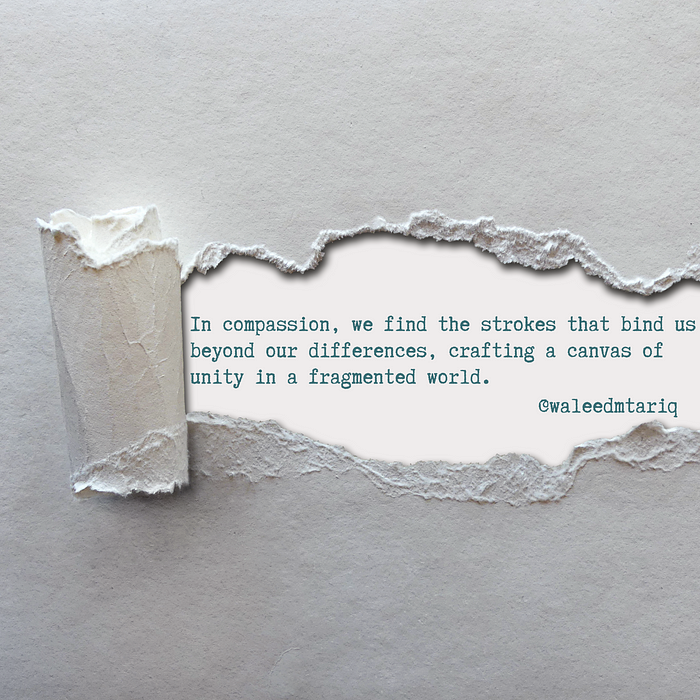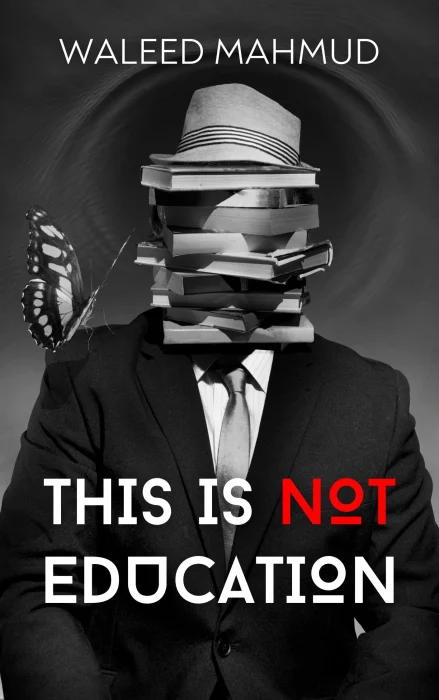In all of our human interactions, kindness embellishes us like a beacon of hope and connection. It’s a trait lauded by cultures around the world, truly hailed as a universal good. Yet, paradoxically, the very people who embody this cherished virtue sometimes find themselves targets of mistreatment and exploitation. This raises a profound question: Why do people go out of their way to mistreat genuinely kind individuals?
The Illusion of Control and Power Dynamics
At the heart of this paradox lies the human affinity for power and control. This inclination isn’t merely about wielding authority but rather an intrinsic part of how we navigate social spaces. Power dynamics play out daily, subtly influencing our interactions and relationships.
Consider a simple scenario involving a local food vendor known for his kindness. One day, a customer realizes he’s forgotten his wallet. Trusting, the vendor allows him to pay later. The customer is initially grateful and views the vendor as a nice person. However, as this leniency becomes a pattern, the customer’s perception starts to shift. He begins to rationalize that the vendor must be well-off, diminishing the perceived kindness to a mere affordability to be generous.
Eventually, when the vendor calls in the debt, the customer feels betrayed. He views the vendor’s request as greed rather than rightful due. This situation exemplifies how kindness can be mistaken for weakness or a surplus of resources. This leads to feelings of entitlement and, ultimately, exploitation.
This misinterpretation often stems from a sense of entitlement. When someone repeatedly acts with kindliness, it can set an expectation that such behavior is guaranteed. This expectation breeds a sense of entitlement, where the receiver believes they deserve the kind treatment they are accustomed to receiving. When the kind person finally sets boundaries or cannot extend their generosity further, they are often met with hostility or labeled as selfish.
The dynamics here reveal a deeper psychological play where kindness is viewed through the lens of personal benefit rather than altruistic value. If kindness is rewarded, it is appreciated; if it is withheld, the kind person is resented.
The Systemic Reward for Cruelty
On a broader scale, societal structures often inadvertently reward unkind behavior. In many arenas of life, from corporate ladders to political spheres, aggressive and self-serving behaviors are often those that propel individuals to success. This systemic issue reinforces the notion that to be successful, one must be ruthless. Kindness, in this context, is often exploited by those who see it as a vulnerability rather than a strength.
From a philosophical standpoint, this treatment of kindness reflects an unnerving facet of human nature. While we are capable of profound compassion, we are also beings driven by self-interest. This duality can lead to conflicting behaviors, especially in competitive or stressful environments.
Moreover, existential and ethical philosophers argue about the balance between altruism and self-preservation. Is true altruism without expectation even possible, or is it merely a societal ideal? These questions challenge us to reflect on our values and the kind of society we aspire to create.
To address this paradox, it’s crucial to cultivate a culture where kindness is respected as a strength and not exploited as a weakness. Education and community initiatives that promote empathy and mutual respect can play pivotal roles. Moreover, creating systems that reward ethical behavior and discourage exploitation can help shift the societal perception of kindness from a vulnerability to an asset.
The Societal Perception of Kindness
The paradox of kindness within societal contexts highlights a deep-seated contradiction in how compassion is perceived and valued. On one hand, kindness is universally praised and seen as a moral virtue. On the other hand, it is frequently exploited or punished, especially in environments characterized by high competitiveness and individualism. This discrepancy suggests a misalignment between societal values and the behaviors that are actually rewarded in practice.
To truly address this paradox, there must be a shift in how kindness is viewed, not merely as a nice-to-have trait but as an essential component of effective social and professional interactions. This perspective shift requires a systemic change in both cultural attitudes and institutional policies to foster environments where kindness is recognized as a form of emotional intelligence and leadership.
Reformational Initiatives
Education systems play a crucial role in shaping the perceptions and values of future generations. Incorporating social-emotional learning (SEL) programs can help students appreciate the value of kindness from an early age. These programs teach empathy, emotional regulation, and the importance of building positive relationships. By normalizing kindness as a fundamental skill rather than an optional virtue, education can lay the groundwork for more compassionate societies.

In the corporate world, the challenge is to align kindness with perceptions of professional strength. Companies can initiate this shift by revising their reward systems to include metrics for teamwork, collaboration, and positive interpersonal behaviors alongside traditional performance indicators. Recognizing employees who exemplify these traits can shift the corporate culture from one that favors cutthroat competition to one that values collaborative success. I’ve heard arguments where this ‘less competition’ leads to a lag in human progress, but honestly, ask yourself if you would rather have progress or the basic tenets of ‘humanity’?
On a broader scale, community initiatives that promote inclusivity and mutual support can reinforce the social fiber. This will ultimately result in kindness becoming a community norm. Similarly, public policies play a significant role by creating frameworks that protect individuals from exploitation and ensure that kindness is not penalized. Policies aimed at preventing workplace bullying, abuse, and other forms of exploitation are critical. These policies not only protect individuals but also signal a societal commitment to treating kindness as a respected and protected trait.
The media has a powerful influence on public perception. By highlighting stories of kindness that illustrate success and fulfillment, the media can help reshape societal narratives. This will bolster what it means to be strong and successful. Public discourse that moves away from glorifying ruthless competition and towards celebrating cooperative and ethical behaviors can alter public perception and values over time.
Embracing Kindness as a Societal Strength
The mistreatment of kind people is a reflection of deeper societal, psychological, and existential dilemmas. By understanding the roots of this behavior, we can begin to cultivate a society that values kindness and protects and respects those who practice it. This journey starts with each individual; recognizing the power of kindness and choosing to honor it, not exploit it, in our daily lives.
Ultimately, the journey towards a society that respects and upholds kindness is multipronged, involving education, corporate reform, community activism, and policy changes. By redefining what it means to be successful and strong, we can transform kindness from a perceived vulnerability into a celebrated strength. This transformation not only benefits us, the individuals who embody kindness, but also enhances societal well-being and cohesion, creating a more humane and sustainable world.

